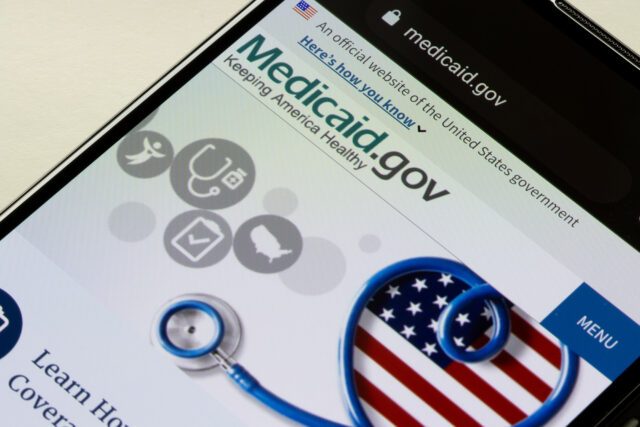
Heritage Attack on State Auto-IRA Programs Unfounded
Alicia H. Munnell is a columnist for MarketWatch and senior advisor of the Center for Retirement Research at Boston College.
Programs are not related to public defined benefit plans, will not undermine existing 401(k)s, and will have adequate protections.
Very few workers save for retirement outside of employer-sponsored retirement plans. But many private sector workers lack access to such plans. To help these individuals save for retirement, several states are planning to offer so-called “auto-IRAs,” which would require employers without a plan to automatically enroll their workers in individual retirement accounts administered by the private sector with state oversight. Workers would be free to opt out. Although the Heritage Foundation was an original proponent of federal auto-IRAs (which have not made legislative progress), it recently published an article with several misleading claims criticizing a federal rule change that would give states the freedom to pursue their own auto-IRA programs.
The most glaring of these claims is that the state auto-IRA programs will be related to defined benefit pension plans for state employees. The implication is that the private sector workers would lose control of their money and would be subject to decreases in “benefits” should the programs be “underfunded.” Given that the five states that have passed legislation are proposing automatic enrollment into IRAs, it is misleading to talk about either defined benefit plans or funding – participants in the auto-IRA programs will have their own individual accounts and will receive benefits through their own contributions and investment earnings.
If the concern is that states that have not yet passed legislation will turn to defined benefit plans in the future, such a shift seems impossible. The recent federal rule change made state auto-IRAs exempt from the regulations of the Employee Retirement Income Security Act; it did not clear the path for states to establish defined benefit plans for their private sector workers. In other words, suggesting that state auto-IRAs will somehow be merged into state defined benefit plans is simply not consistent with the facts.
The Heritage article also contains other unfounded concerns. One is that the state auto-IRA plans will cause employers to switch from offering 401(k)s to the IRA. While employers likely offer 401(k)s for many reasons, attracting thrifty employees with the employer match and the fact that this match is tax-deferred compensation are likely two of the biggest. But, as Heritage correctly points out, the auto-IRA does not allow employers to make a matching contribution, meaning that employers who value this feature of a 401(k) will have no reason to switch. It should not be surprising then that when 201 Connecticut employers who offer retirement plans were asked if they would switch to the state auto-IRA, just 2 said they would.
Finally, the Heritage article points out that because the state auto-IRA programs would not be subject to the law governing pensions, important consumer protections would not be available to participating workers. I agree that it is extremely important that states do their due diligence in constructing their programs to contain adequate protections. But states already have laws to ensure that employer contributions for things like tax withholding make it to the right place and that money in individual accounts is not misplaced. The states involved are working to ensure these laws are used so that the auto-IRAs have protections similar to employer plans.
People need to save more for retirement, and, in the absence of federal legislation, state auto-IRAs are one solution. Like any proposal, risks exist. But taking away states’ freedom to act based on unfounded or misleading concerns is not the answer. The right approach is to ensure that the state auto-IRA programs are well-designed with low costs and adequate protections.






